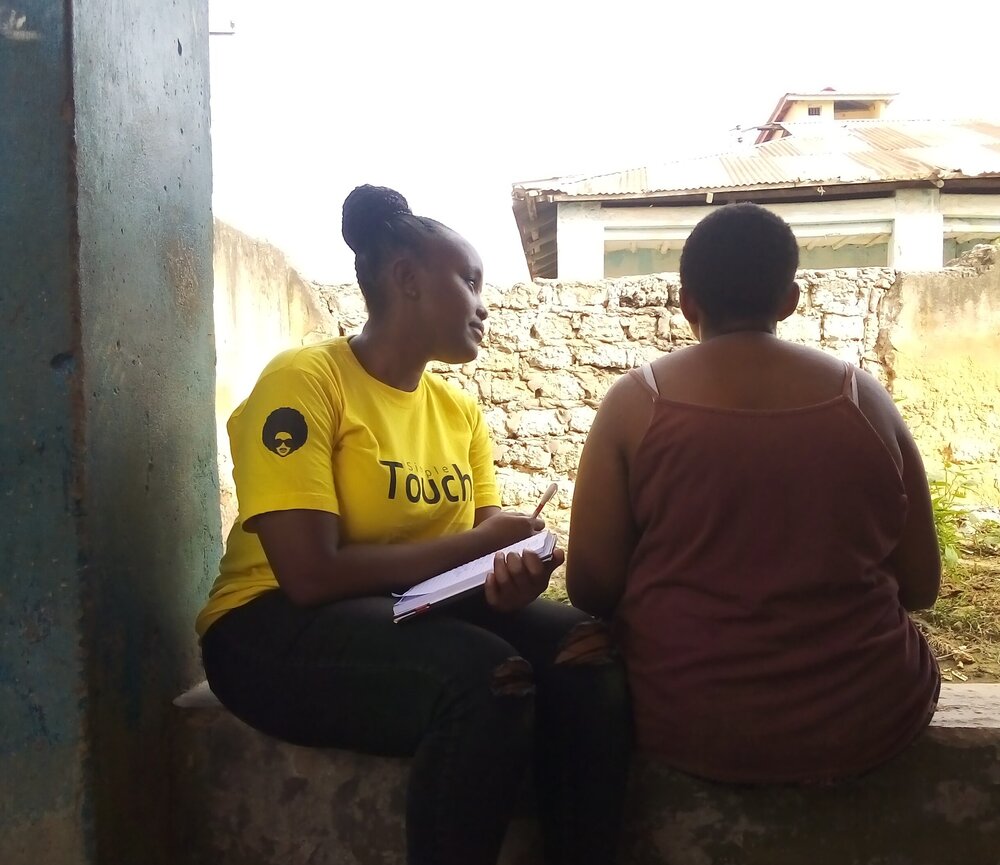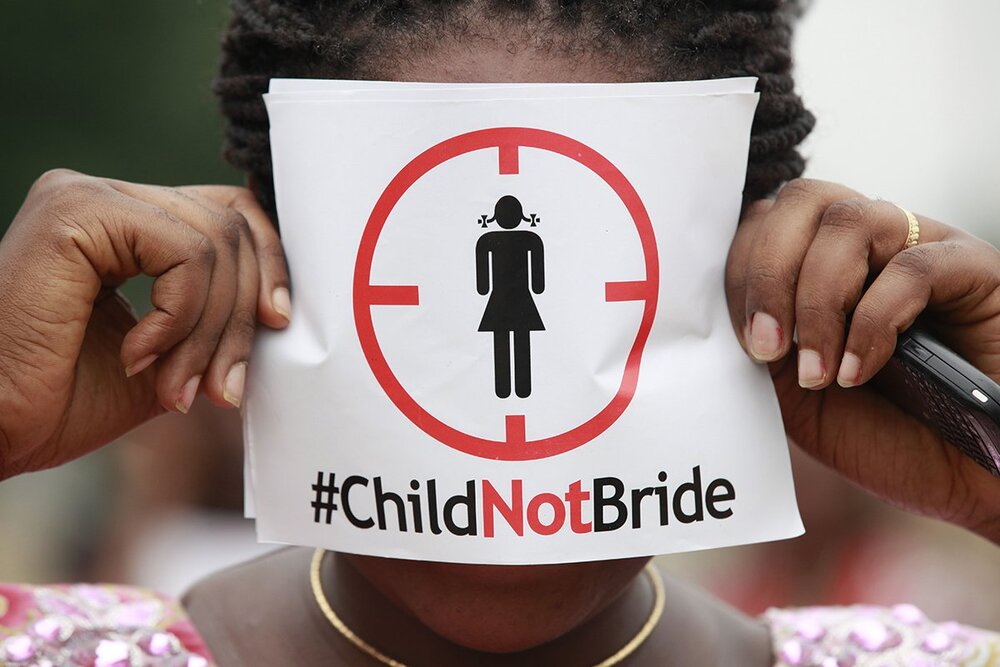By Esther Nzuma, DevReporter, Mombasa County.
Early marriage is a marriage between a boy and a girl, both of who have not attained the age of 18 years and are therefore deemed unable to make life-changing decisions on their own. In Kenya, 18 years is considered as the appropriate age for a person to make well-considered decisions.
“The value of the girl child has been undermined forcing families and communities to sell them off in order to avoid shame, should they get pregnant while still at home, said Diana, a resident of Tudor.”
A study by the United Nations Children’s Fund (UNICEF) conducted in 2017 found out that in Kenya, 4% of girls are married by the age of 15 years while 23% are married before they attained 18 years.
Diana also told this DevReporter, that she was saddened by how some women push their own kids into fending for themselves when things get bad in the family.
“Mostly, women who sell alcohol bring men into their houses and together with their children encourage, the them to squander their money on them. The men come back to the house latter when the mom is at work and start touching the children inappropriately, threatening to tell the mother that the children disrespected them. They then sleep with you by force,” Diana narrated.

Due to the harsh conditions in the slums of Tudor, girls are forced to go out to look for food where men lure them with “ chapati choma” and in the end are asked to pay by sleeping with them and end up getting pregnant.
Gender inequality within the community has made people believe that girls and women are inferior to men and cannot make any decisions on their own. Over 75% of child marriage involves girls who were forced into marriage against their will.
Diana further says that her sister who was 16 years old was married to a man of 29 years old due to poverty, adding that she had no other option since life was already tough for them.
Scholastica, a career gender specialist says that families try to combat poverty by selling off their girls to wealthy men in order to benefit economically.
Peer pressure has also led many young girls to make bad decisions that they later regret. For example, Catherine Mutanu, not her real name, a form four student and also a mother, almost in tears and in deep thoughts, struggled to open up about one fateful day she regrets to date. She says that if she could go back in her prime years she would have made better decisions.
According to UNICEF, in 2001, the practice of early marriage was mainly widespread in Sub-Saharan Africa and South Asia. Marriage at, or soon after puberty, is also common in some parts of North Africa, Middle East and other parts of Asia especially among traditional communities.

Statistics of girls affected in the Coastal region.
In the coastal region of Kenya, cases are on the increasing, with young girls from the age of 15-24 years being affected. Poverty, religion, parental negligence, etc., are among the reasons for the increase in the rise of child marriage, with 3526 confirmed cases. This number comprises cases of child defilement, 59, child offenders, 157, child delinquency, 66, and child pregnancy, 6.
“A big number of girl children in Jomvu kuu have end up as wives since most are either orphans or don’t have guardians and this has resulted in abandonment with 117 confirmed cases, causing an immense rise in the number of school dropouts,” said Kevin Mwata.

Challenges faced by the community
Gabriel Kitili, County Children’s Coordinator, Mombasa County, said that Likoni and kisauni have been recording high cases, with around 70% of children being neglected, exposing them to online sexual violence, abuse and early marriage.
According to Naila, poverty has become the main problem in the society with women using their daughters for income earning, and mostly, the girls end up becoming wives and sometimes also infected with transmittable diseases.
“This issue breaks my heart. I pray that the government will come in and rescue our young girls who have been pushed to marry rich old men in order to help with financial responsibilities at home. Unfortunately in my area, a lot of women do not usually see this as an issue”, Naila narrated.
Reasons for the rising cases
This writer visited Charo Tengai in Bombolulu and learned that he had decided on his own to put up a home for the young mothers known as smart youth. He confirmed that it is poverty that had forced most of the girls into using drugs like miraa and getting involved with men for small money for survival.
Roselyn Mwakio, a human right defender who works with Sisters for Justice Mwandoni as member of the Board of directors, said that most teenagers are struggling to find their own identity. She further noted that parents rarely tried to understand them and this forces them to run away from home where they end up with old men “mubabas”.
A study conducted between January and June this year found out that there were 4000 confirmed cases of early marriage compared to one conducted last year were it was found out that there were 5800-6000 confirmed cases, with Kilifi County leading in the coastal region. High level of poverty was established as the main driver.
“Speaking to children in schools as well as religious leaders is one of the ways that will help these young girls and parents to understand how to deal with these issues and also to know where to go to for help instead of making decisions that they will later regret,” she said.
In 2015, UNICEF confirmed in a study that in Africa, the prevalence of child marriage is higher compared to the universal average. By the year 2050, Africa will have the highest number and share of child marriage worldwide if the existing trends go on, particularly in the rural areas.
Possible solutions.
There is need for increased awareness among families in order to make them understand the importance of supporting their girls by acknowledging the risks associated with selling them as wives and the risk of early pregnancy. This might force them to seek unsafe abortion that could lead to death or have premature birth that can contribute to mental and physical health problems at the county and national levels.






